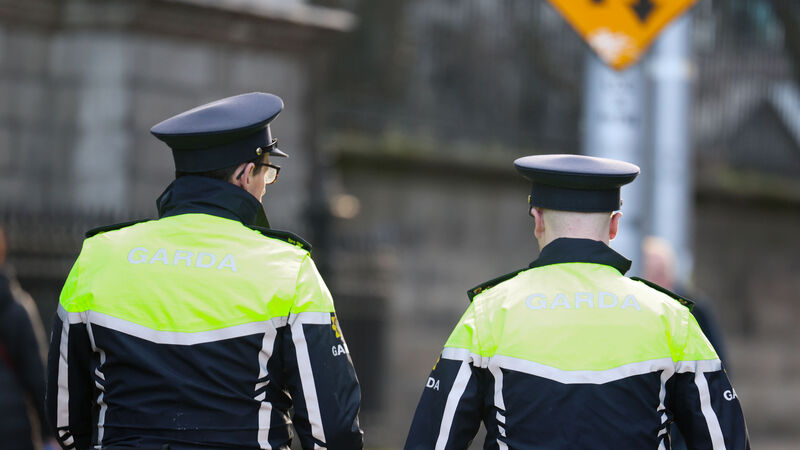Figures show Garda strength is 'not growing' despite recruitment drive

Garda representative bodies have raised concerns at the physical and mental toll on frontline gardaí dealing with the scale of verbal abuse, aggression and violence from members of the public and what they see as onerous bureaucracy and oversight. File photo: Leah Farrell / © RollingNews.ie
Garda numbers dipped in April despite a batch of new graduates in March, official figures show.
Some 166 trainees left Templemore Garda College on March 21 and entered the organisation — the first of five batches of new members expected this year.










